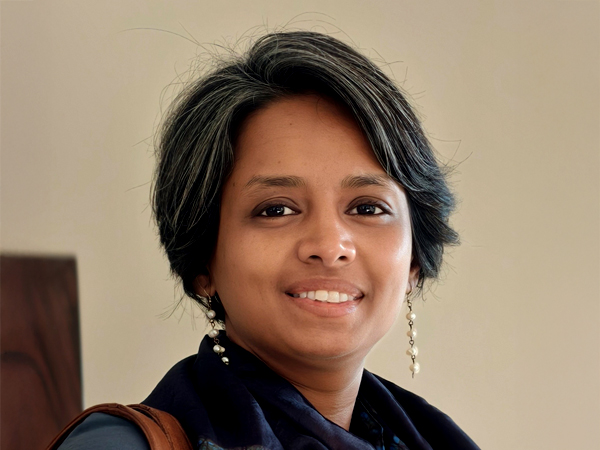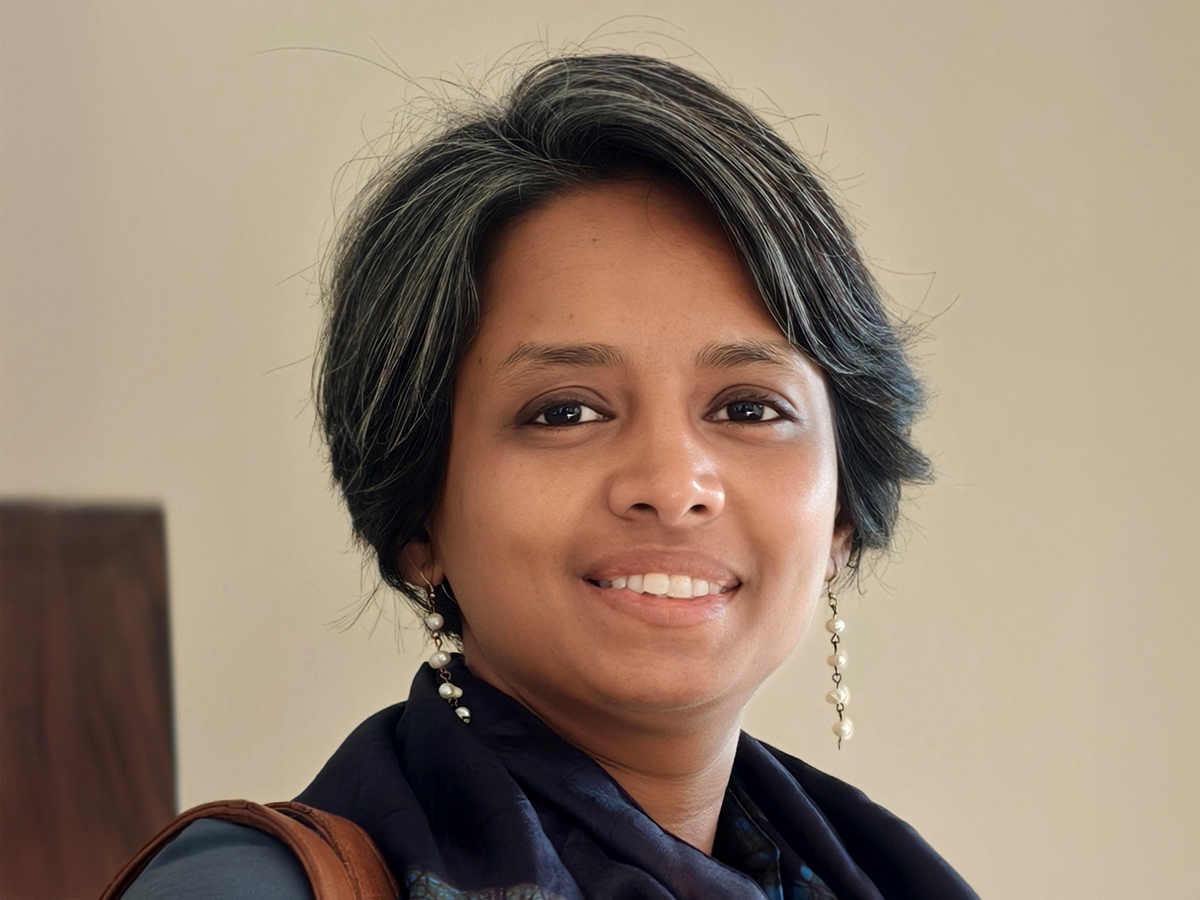The Infosys Prize 2025 in Life Sciences is awarded to Dr. Anjana Badrinarayanan for pioneering contributions to understanding mechanisms of genome maintenance and repair. Through innovative live-cell imaging combined with genetic and cell biological approaches, her work has revealed fundamental principles of how DNA damage is repaired, demonstrated mutagenesis in non-dividing cells, and identified novel pathways of mitochondrial DNA damage responses, illuminating principles central to life and evolution.
Infographic:
Invisible shapers of our world
Scope and Impact of Work
Dr. Anjana Badrinarayanan’s research addresses one of the most fundamental problems in biology: how genomes faithfully preserve their integrity despite widespread potential for damage. Her work has illuminated key principles governing DNA replication, recombination, and repair, combining quantitative live-cell imaging, bacterial genetics, and cell biology to reveal dynamic molecular processes within single cells. A hallmark of her research is methodological innovation—her laboratory developed live-cell microscopy to visualize chromosome dynamics in real time. Using this approach, she uncovered how a specific molecule, the structural maintenance of chromosome—like protein RecN, drives long-distance homology search during double-strand break repair, solving a longstanding mystery in the DNA repair field.
Dr. Badrinarayanan’s discoveries demonstrating mutagenesis in non-dividing cells have overturned classical paradigms that link mutation solely to replication, providing mechanistic insight into how dormant bacterial populations evolve and acquire antibiotic resistance. Her studies have also revealed novel regulatory mechanisms of bacterial DNA damage responses and illuminated how mitochondrial DNA is repaired and cleared following damage. Together, these advances have reshaped understanding of genome maintenance across both prokaryotic and eukaryotic systems.
Anjana Badrinarayanan’s work exemplifies scientific creativity, precision, and depth, bridging molecular mechanisms with cellular physiology. By uncovering universal strategies that cells use to safeguard their genomes, she has profoundly advanced the fields of genome and microbial biology, establishing new directions for research into genome stability and cellular resilience.
Bio
Anjana Badrinarayanan is currently Associate Professor at the National Centre for Biological Sciences, Bangalore. She received her Ph.D. in 2011 from Oxford, where she received an Overseas Research Award and a Clarendon Fellowship for Ph.D. research. Dr. Badrinarayanan subsequently did postdoctoral research at MIT, for which she received a Human Frontiers Program long-term fellowship. She joined NCBS as Assistant Professor in 2016 and was promoted to Associate Professor in 2023.
Anjana Badrinarayanan has received an HFSP Career Development Award (2018) and a DBT-Wellcome India Alliance Intermediate Fellowship (2022-2026) and has been awarded the Khorana Innovative Young Biotechnologist Award of DBT (2019) and the Indian National Science Academy Medal for Young Scientists (2021).
Dr. Badrinarayanan serves on multiple editorial boards and is Vice Chair and designated Chair of a Gordon Conference on Microbial Stress Response. She has recently been named Eric and Wendy Schmidt Global Faculty Fellow at Imperial College London.
Timeline
Jury Citation
Dr. Anjana Badrinarayanan is recognized for her pioneering and transformative contributions to understanding how genomes maintain their integrity. Her innovative studies have revealed fundamental mechanisms underlying DNA replication, recombination, and repair. Building a high-level research group and developing live-cell imaging technologies to visualize bacterial chromosome dynamics and DNA repair, Dr. Badrinarayanan uncovered how cells search for homology over long stretches of DNA during double-strand break repair—a longstanding mystery in the field.
Her discoveries demonstrating mutagenesis in non-dividing cells and uncovering novel methylation-dependent and nucleotide excision repair pathways have redefined classical concepts of DNA damage responses. Extending these approaches to mitochondria, Badrinarayanan has elucidated mechanisms of mitochondrial DNA clearance and maintenance.
Through her creativity, technical innovation, and conceptual rigor, Dr. Anjana Badrinarayanan has provided deep insights into genome stability across domains of life, establishing herself as a leader in the molecular biology of genome maintenance and repair.

Anjana Badrinarayanan
On behalf of the jury, I warmly congratulate you Dr. Anjana Badrinarayanan on receiving the Infosys Prize 2025 in Life Sciences. This prize recognizes your creative and pioneering research which has revealed fundamental principles of how cells repair their DNA with remarkable precision, provided new insights into activation of DNA damage responses, and revealed how damage to mitochondria, the energy-producing machinery of cells, is repaired.



